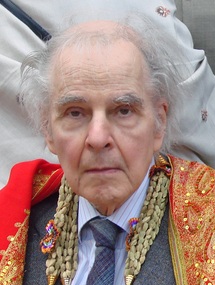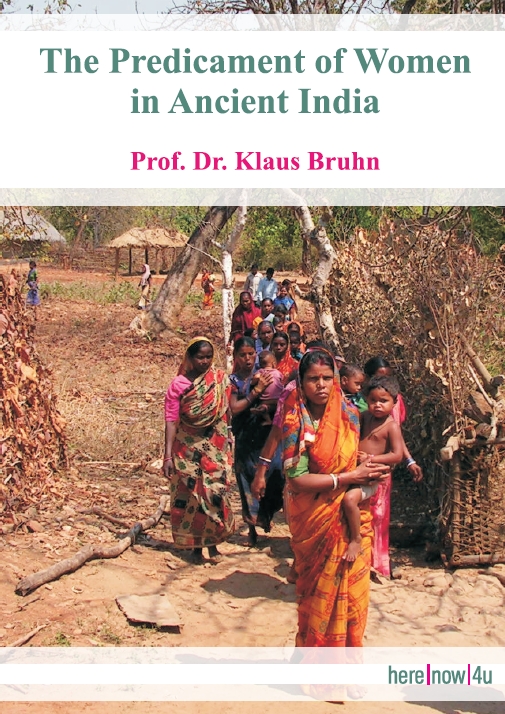Complexities of kinship relation surface in the putrika concept. If a father has no son, a daughter may be a substitute for a real son, mainly in connection with ancestor worship. But, naturally, it was always safer to have a true son.
Putra means son, and putrika is the daughter who technically replaces a missing son. The "daughter herself is considered a son." "The dilemma in which the son-in-law [husband of the putrika] found himself could be resolved by having the putrika-putra [son of the putrika] perform the shraddha [daily offering for the benefit of dead relatives] for both his own father and his maternal grandfather." The putrika-putra was "continuing two separate lineages" (SCHMIDT 39-40). -- For the putrika the construction had probably more disadvantages than advantages. See SCHMIDT 33 on "the predicament faced by the brotherless daughter." SCHMIDT 38: "The aversion to marrying a brotherless maiden was motivated by the fear that the bride's father would claim the future son and leave the bridegroom with the prospect of remaining without a son of his own who would continue his lineage and offer the ancestor worship." -- Was there a rite to inform the public that a girl was henceforth considered a putrika? -- The putrika (putrika-putra) custom disappeared when the kalivarjya rules came out.
JOLLY 72 and 73; KAPADIA 234-235; KANE 435-436; SCHMIDT 30-75; SYED To 165.
 Prof. Dr. Klaus Bruhn
Prof. Dr. Klaus Bruhn
 Title Photo Background:
Title Photo Background: